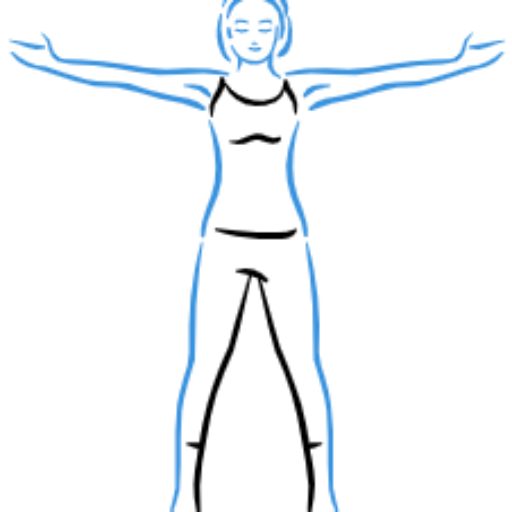- Schedule time windows for eating food
Intermittent fasting allows the body time to completely digest food. Therefore meaning the stomach has the time to rest. Most people don’t know the stomach is not only for digesting food, when you let it rest the stomach can heal which also reduces the risk of developing diseases. Fasting can balance insulin and blood glucose levels, this can prevent diabetes occurring and starve cancers in the body.
In general people find restricting eating in the morning easier. This is due to naturally lower levels of ghrelin and leptin. You can also create better habits through stopping eating later in the day, a few hours before bed.
A common fasting method is the 16/8 approach. This would mean you eat food between the hours of 12-8pm for example. However, this can be adjusted for your lifestyle. With this, you stay full for the main part of your day, then resume your fast through the night. This approach can also lead to better sleep and cognitive function.
2) Eat heathy food.
The nutritional availability of the food you eat matters. A 300 calorie McDonalds burger is not going to fill you up as much as a 300 salmon steak. Satiety is important to consider making dieting easier and preventing the adverse effects of the body functioning.
You also need to consider the nutritional value of the food. Your body needs nutrients to survive. Without it you can impair cognitive function, tiredness, mood etc. When eating whole, single ingredient foods you give your body the nutrients to survive.
It’s also important to consider how that calorie is going to be used in the body. Calories from sugar can spark an insulin response in the body this will trigger the storage of fat. Whereas healthy fat consumption can come readily available for burning directly as a source of energy.
3) Get regular exercise.
This one is simple, the more you move the more energy will be utilised in the body. Leading to further weight loss.
4) Get better sleep.
Low sleep (<7hrs per night) is associated with obesity, type 2 diabetes and hypertension. Low sleep also has an effect on leptin and ghrelin levels which can spike hunger. It also triggers the stress response, the body is put into fight or flight mode and holds onto the fat as it thinks it will eventually need it. This means it goes into carbohydrate burning mode.
5) Drink more water.
Water is important in lipolysis. The burning of fat for fuel. Weight loss without water is like trying to wash a car without water. Everything just gets moved around and not cleared. Water is also used in satiation, it makes you feel more full. It also increases mitochondrial function.

